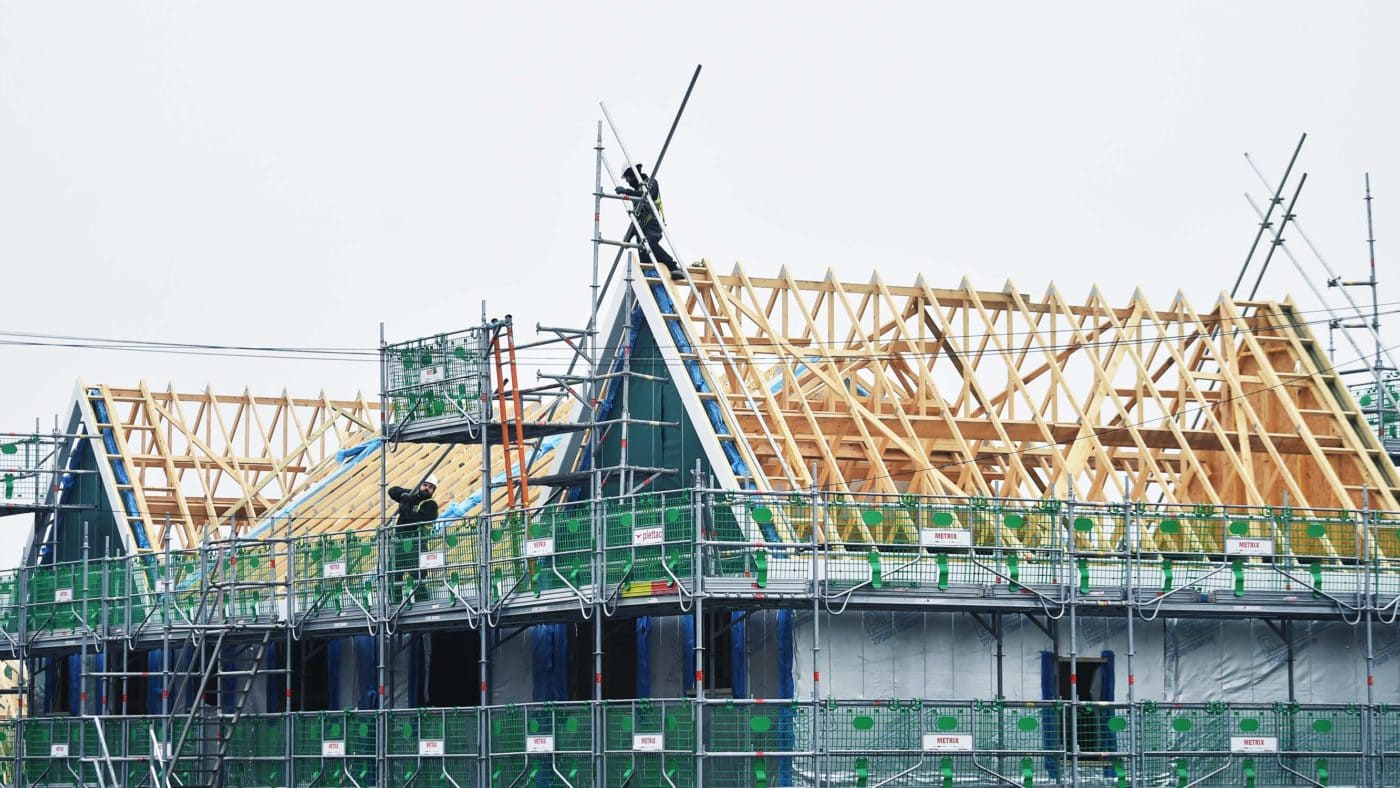At times, it seems like the primary barrier to governing Britain is the near impossibility of governing the Conservative Party. After a month-long honeymoon where MPs solemnly spoke of the importance of unity and the need to bring the party together, Rishi Sunak has been forced to pull a vote on planning reforms as his party once again descends into infighting.
There are two ways of looking at this dispute. The first is to simply take it at face value, and say that it really is about housing targets; there is, after all, plenty of controversy in the planning system without needing to drag in any outside issues. The second is to view it as part of a larger problem; the Conservative Party’s institutional incentives to oppose economic growth.
To start with the first, the bill has been delayed after 46 Conservative MPs signed a letter backing Theresa Villiers’ amendment, which would make local housing targets ‘advisory’. Other amendments scrap the presumption in favour of development, and the requirement for councils to identify future land supply for building. Discussing the exact mechanism through which this influences outcomes is tedious; what matters is that housebuilding would drop by somewhere in the region of 20-40%.
It’s no secret that the UK has a housing supply crisis. The Government has repeatedly stated that it wants to see 300,000 new homes built every year, an increase of 50% on the 200,000 completed in 2021-22. Young people are priced out of owning homes, and paying huge shares of their income for rental accommodation.
The Government is already taking from the young to pay for the old in every other policy area; now it’s rigging the housing market to deliver even more value for incumbent homeowners. As Robert Colvile has put it, this is selfish, short-sighted and wicked. Former Communities Secretary Simon Clarke has pointed out that it’s exactly this sort of policy which led to the destruction of the Conservative home-owning vote in London. Not only that, but taking a sledgehammer to the housing industry is a recipe for devastating economic activity when we’re already entering a recession.
So why exactly are Conservative MPs doing this?
This is where we come to the second view: Conservative MPs have strong institutional incentives to oppose economic growth. Their voter base is Britain’s anti-growth coalition. It’s worth trying to understand why MPs act this way. Say that you are put in charge of representing a constituency with two towns. In the first, people are desperate to build housing. Anything you suggest will get rubber-stamped instantly. In the second, putting an additional storey on your house is an affront against God and nature, and building on greenfield sites sufficient cause to have you tarred and feathered.
You, as MP, would quite like to win the votes of both. In this framework, devolving things down to local control is hugely tempting; both villages get what they want, and you keep on track to retain your job in the next election – which is the only long-term time horizon you have any incentive to care about. For the same reason you tend to care less about preparing for occasional disasters, you also care less about what happens to the party or economy ten years from now when you’ll be safely ensconced in a PR firm somewhere. And as an added bonus, all the people upset that you haven’t built more houses are by definition quite likely to be crammed into someone else’s constituency, where they aren’t your problem.
The issue with this is that it’s the perfect recipe for preventing growth. Whether or not locals object to building has absolutely nothing to do with whether or not it would be good for the economy, or good for the people moving in. In many cases, the strength of local opposition is directly proportional to how beneficial the new homes would be; more building in Oxford, Cambridge, and London would create an economic boom, and inspire wailing from local homeowners fit to wake the damned.
The anti-housing Conservative MPs aren’t stupid. They know that they’re doing things which are bad for growth. They may not be totally aware of the magnitude, but they know what the trade-off is. They also know where their votes are. So, for that matter, does the Labour Party, which has indicated it would oppose the Villiers amendments. For Rishi Sunak, the choice is simple: does he push through with the vote, with Labour backing, or does he back down? Or to put it more simply: party or country?
Click here to subscribe to our daily briefing – the best pieces from CapX and across the web.
CapX depends on the generosity of its readers. If you value what we do, please consider making a donation.


